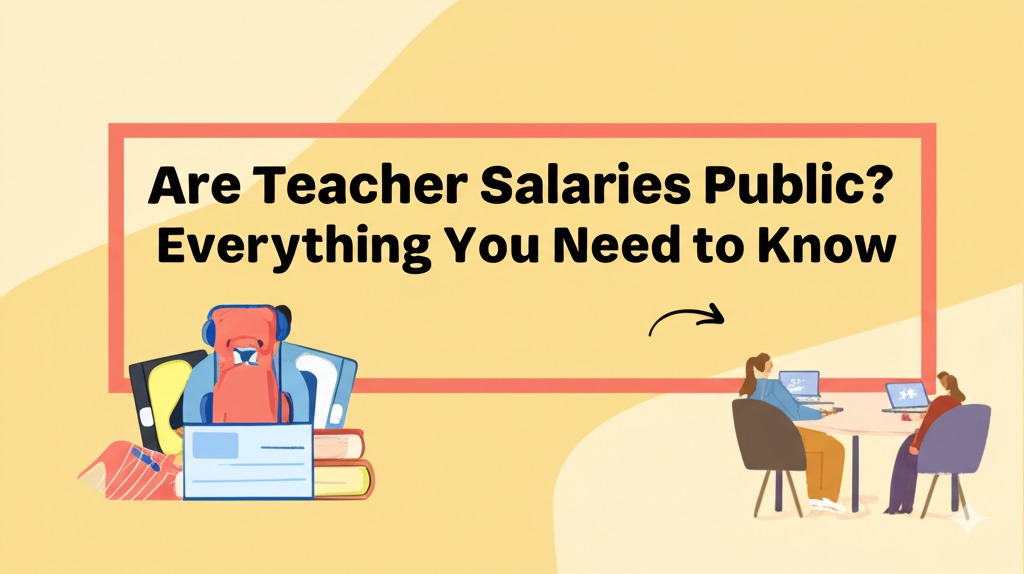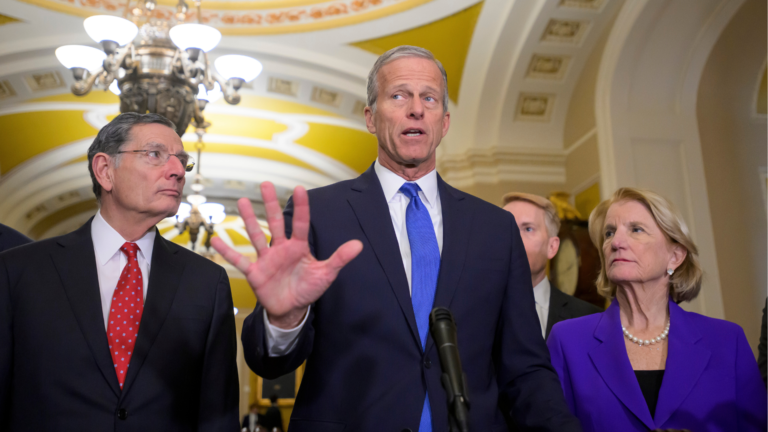
Introduction
Teacher salaries are a topic of great interest for educators, policymakers, and the general public. Many people wonder: Are teacher salaries public information? The short answer is yes, but the details depend on the country, state, and school district. Transparency in public sector wages is essential for accountability, but it also raises concerns about privacy. In this article, we’ll explore the key aspects of teacher salary disclosure, how to access this information, and what it means for teachers and taxpayers alike.
Are Teacher Salaries Considered Public Information?
Public vs. Private Sector Salaries
The main distinction when discussing salary transparency is whether a teacher works in the public or private sector:
- Public school teachers: Their salaries are typically considered public records because they are funded by taxpayer money.
- Private school teachers: Their salaries are not publicly disclosed since private schools operate independently from government funding.
Why Are Public School Teacher Salaries Made Public?
Governments disclose teacher salaries for several reasons:
- Transparency and accountability: Since taxpayer money funds public schools, salary transparency ensures proper allocation of funds.
- Fair pay evaluation: Public access to salary data allows for comparisons across districts and states.
- Union negotiations: Many teachers are part of unions that negotiate salaries based on public data.
Where Can You Find Teacher Salary Information?
If you’re curious about teacher salaries in your area, several sources can provide this information:
Government and School District Websites
Most states and school districts publish salary schedules or databases online. These resources usually include:
- Base pay for different experience levels and education credentials.
- Pay scales determined by years of service and additional qualifications.
- Annual salary reports detailing changes in teacher compensation.
Freedom of Information Act (FOIA) Requests
In the U.S., salary details for public employees can often be obtained through a FOIA request. This process allows citizens to request access to public records, including:
- Individual teacher salaries (in some states, names may be included).
- Salary ranges and contract agreements.
News Outlets and Transparency Websites
Several independent websites compile and publish public employee salaries, including teachers. These sources often aggregate government data for easy access.
Factors That Influence Teacher Salaries
Education and Experience
Teacher salaries are often determined by a structured salary schedule that rewards higher education and years of experience. For example:
- A first-year teacher with a bachelor’s degree earns less than a teacher with a master’s degree and 10 years of experience.
- Some states offer pay incentives for advanced degrees or additional certifications.
Geographic Location
Salaries vary widely based on the state and district. For instance:
- Urban areas typically offer higher salaries due to higher living costs.
- Rural districts may offer lower wages but compensate with benefits like housing allowances.
Cost of Living and Local Budget
School funding, driven by state budgets, local property taxes, and federal aid, plays a crucial role in determining teacher salaries. Higher-funded districts tend to pay more competitive wages.
Privacy Concerns and Controversies
While salary transparency promotes fairness, it also raises privacy concerns for educators. Some common concerns include:
- Public exposure: Some teachers feel uncomfortable having their exact earnings disclosed.
- Potential misuse of data: Salary information can sometimes be used unfairly in workplace disputes or personal conflicts.
- Variability in data availability: Some states provide names and salaries, while others only list salary ranges.
Despite these concerns, the push for open government data continues to make teacher salaries publicly accessible in most areas.
Conclusion
So, are teacher salaries public? Yes, in most cases, public school teacher salaries are publicly available due to taxpayer funding and government transparency laws. While this ensures accountability, it also brings debates about privacy and fairness. If you’re interested in learning about salaries in your area, government websites, transparency platforms, and FOIA requests are your best resources.
For teachers, understanding salary data can help in negotiating better pay and benefits. For the public, this transparency fosters awareness of how education funds are allocated. If you’re considering a career in teaching or want to compare salaries across districts, take advantage of the available resources to make informed decisions.
Want to explore teacher salaries in your state? Check your local school district’s website today!

Andre Cuevas provides career insights, job search strategies, and professional advice to help individuals navigate the job market and achieve their career goals.






